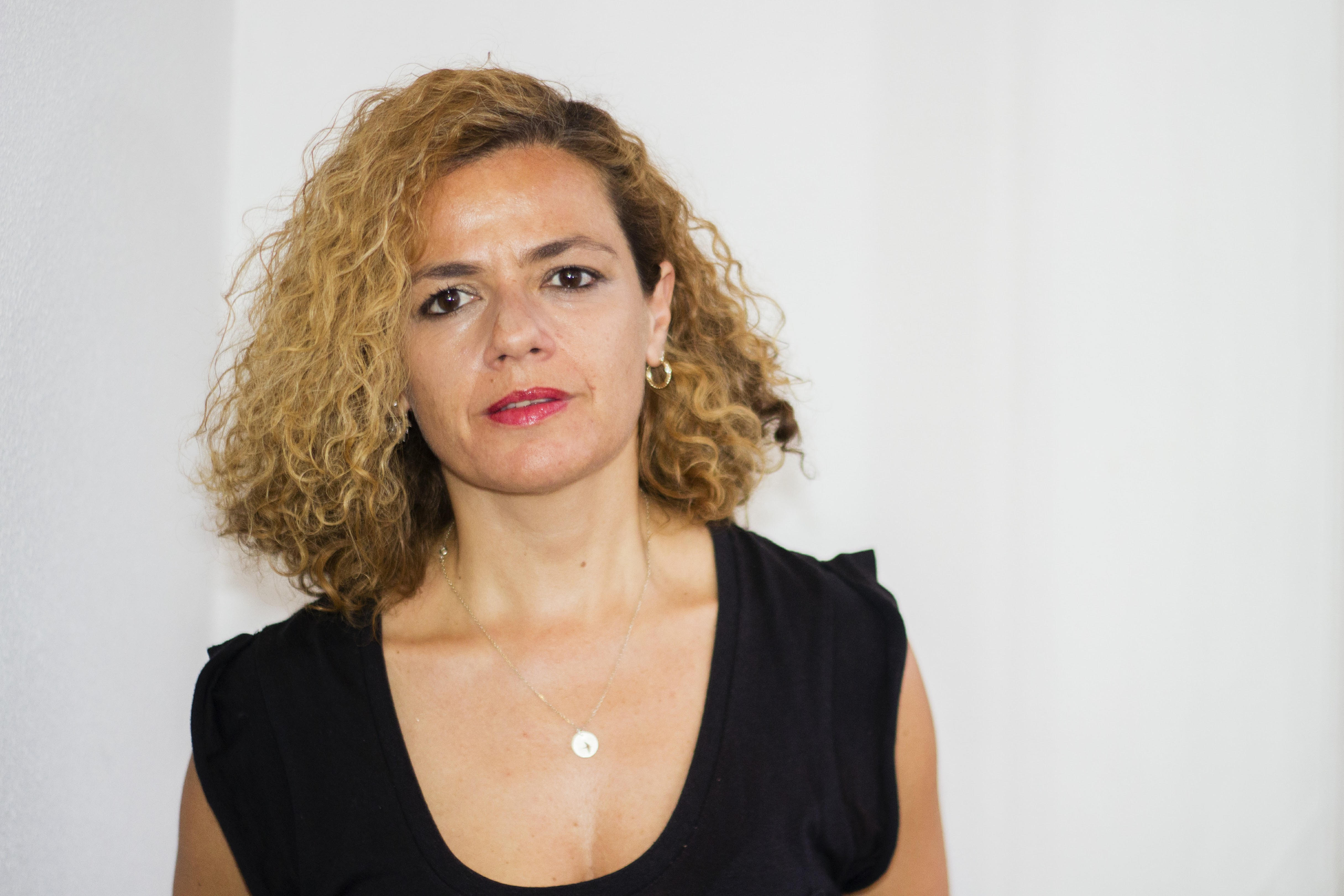| CANAL CES |
| PODCAST |
| TEMAS |
| PESSOAS |
|
Interview by: Rita Santos and Ana Cristina Pereira Este podcast faz parte da série de 28 podcasts realizados sobre o caso português e italiano no âmbito do projeto de investigação de 36 meses (2018-2021) (De)Othering: Desconstruindo o Risco e a Alteridade: guiões hegemónicos e contra-narrativas sobre migrantes/refugiados e “Outros internos” nas paisagens mediáticas em Portugal e na Europa, que pretendeu analisar criticamente representações mediáticas de migrantes, refugiados e “outros internos” em Portugal e na Europa, mapeando as suas interconexões com narrativas produzidas no domínio da segurança e no quadro da Guerra ao Terrorismo. O seu foco, uma análise de Portugal à luz de estudos de caso europeus profundamente afetados por ameaças terroristas (Reino Unido e França) e por fluxos migratórios/de refugiados (Itália e Alemanha), pretende investigar a construção de narrativas transnacionais de risco que permeiam a Europa independentemente da sua exposição “diferenciada”. O projeto foi financiado pelo pelo FEDER – Fundo Europeu de Desenvolvimento Regional através do COMPETE 2020 – Programa Operacional Competitividade e Internacionalização (POCI) e por fundos nacionais através da FCT – Fundação para a Ciência e a Tecnologia (Referencia Projeto: POCI-01-0145-FEDER-029997) ----- English Version This podcast is part of a series of 28 podcasts produced on the Portuguese and the Italian cases as outputs of the research undertaken in the 36 months project (2018-2021) (De)Othering: Deconstructing Risk and Otherness: hegemonic scripts and counter-narratives on migrants/refugees and ‘internal Others’ in Portuguese and European mediascapes that sets out to critically examine media representations on migrants, refugees and ‘internal Others’ in Portugal and across Europe while mapping out their interconnections with particular narratives in the field of security and within the War on Terror. Its focus – an analysis of Portugal in the light of other European cases affected by terrorist threats (United Kingdom and France) and by migrant/refugee flows (Italy and Germany) – aims to explore the construction of transnational narratives of risk pervading Europe regardless of the ‘differential’ exposure to them. The project was funded by FEDER – European Regional Development Fund through the COMPETE 2020 – Operational Programme for Competitiveness and Internationalisation (POCI), and by Portuguese funds through FCT in the framework of the project 029997 (Reference: POCI-01-0145-FEDER-029997).
The journalist argues that it is crucial to create diversity among journalists and that the presence of Black journalists in newsrooms and writing opinion pieces is urgent. She notes that in the Público, 80% of paid opinion-makers are white men, and it has been challenging to convince the leadership that it is necessary to change the chip. As for the proposals, Joana participates in some initiatives that aim to help overcome this problem: an internship paid at Público to a journalist, carried out in partnership with Aga Khan and interrupted by the pandemic, and another internship at Afrolink, paid with revenue from the book that she published. According to Joana, there is a lot to change in journalism courses; they are very theoretical, they suffer from a lack of specialization, and it is urgent to introduce the issue of diversity in the curricula. A specific subject where people could confront their own stereotypes and prejudices should be part of the training, as they will have responsibilities in their creation and reproduction. For the journalist, the image of the “child on the beach” [Aylan Kurdi] is disturbing and illustrative of Europe's abandonment of an issue for which it should be the first to assume responsibility and clarifies that there is no refugee crisis, there is a European crisis regarding its ability to deal with migration issues. As for the images related to racism, the image of Alcindo Monteiro as a young man, dead at the hands of neo-Nazis, is still very striking utterly incomprehensible to her. More recently, there was the very shocking image of Cláudia Simões with her face wholly bloodied, and the video of the aggression by a policeman who only did it because she is Black. Joana states that it is very easy for the media to get into sensationalism and spectacle. Structural issues are not addressed because nationally we have not learned to look at racism as a structural phenomenon. There has been no concern on the part of public authorities to train the population in this regard. The white society also has a lack of self-criticism regarding racism, which is essentially a problem of white society and that white society has to solve. The only way to change this state of affairs will be with information, contextualization, and debate. Joana clarifies that this is the work of white people because she believes that this weight of deconstruction and education does not have to fall solely on racialized groups. Thus, for Joana, the existence of information platforms created by racialized people is key. As for guideline tools, according to the journalist, they would be essential, but they don't exist yet in the Portuguese newsrooms. These guides are important, but they don't do everything. pessoas
ligações
|





 Joana Gorjão Henriques, a journalist from Público and consultant of the project (De)Othering, reflects on how she became closer to the topics she has been working on in recent years, and how her training experiences in the USA and later in the UK influenced her path and her way of approaching issues of racial discrimination, invisibility and social exclusion, considering that racism is not thought as a structural and institutional phenomenon in Portugal.
Joana Gorjão Henriques, a journalist from Público and consultant of the project (De)Othering, reflects on how she became closer to the topics she has been working on in recent years, and how her training experiences in the USA and later in the UK influenced her path and her way of approaching issues of racial discrimination, invisibility and social exclusion, considering that racism is not thought as a structural and institutional phenomenon in Portugal.